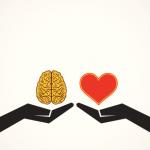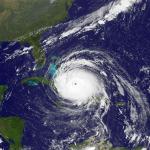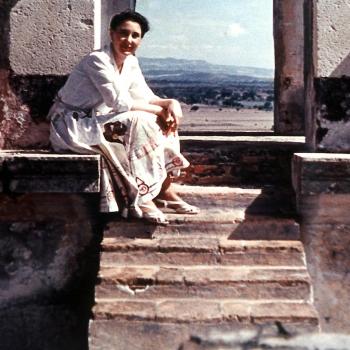On Monday, climate scientists from the UN’s Intergovernmental Panel on Climate Change (IPCC) released a special report on global warming.
Just another report on climate change, right?
Wrong. If previous reports were like alarm clocks, this one is a nuclear warning siren.
It cites more than 6,000 scientific papers, and fielded contributions from thousands of experts and government reviewers worldwide. The key message: we are already seeing drastic effects from a 1 degree C rise in global temperature, and if this rises beyond 1.5 degrees, the effects will be irreversible and extreme.
In 2015, world leaders formed the Paris Agreement in order to limit global warming to under 2 degrees Celsius, but also committed to measures that would limit it to 1.5 degrees.
But this new report shows that, in order to keep global warming to 1.5 degrees, human emissions of CO2 fall to zero by the year 2050. This is a dauntingly fast and dramatic change. It would require replacing fossil fuels with renewable energy, and developing effective technologies to suck CO2 out of the atmosphere – all within the next three decades.
There is no question about their results. The only question is how to communicate the gravity of our situation to the non-scientific public. In the words of Kaisa Kosonen, an observer at the negotiations, “Scientists might want to write in capital letters, ‘ACT NOW, IDIOTS,’ but they need to say that with facts and numbers.”
As severe as our predicament is, the authors think action against climate change is feasible. Certainly, it would be less expensive than coping with the disastrous effects of global warming. These effects include sea level rise and flooding, infectious disease, the destruction of coral reefs and species extinction, droughts, hurricanes and landslides. As with many world problems, the effects are disproportionately borne by marginalized and impoverished communities.
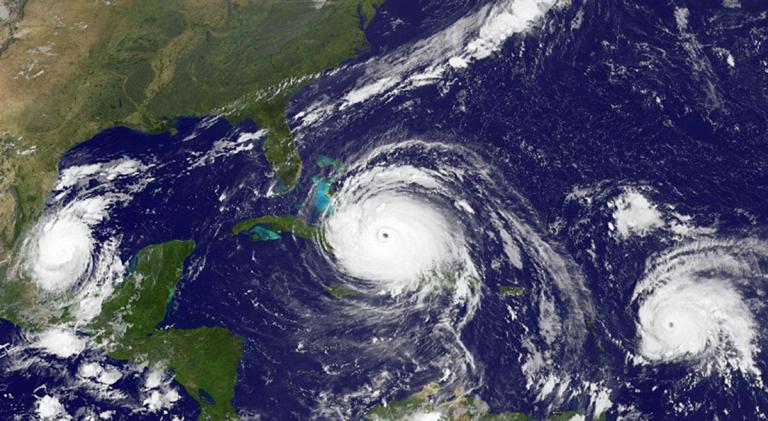
How did we get here?
That’s a great question.
The the current global average temperature is 1 degree C higher than it was before the industrial revolution. Climate scientists believe human activities are the main cause of the warming. This is because human action has led to rapidly rising emissions of greenhouse gasses. Deforestation, the burning of fossil fuels, an increase in livestock farming, and the use of nitrogen fertilizers are primary culprits.
But this historical account doesn’t explain why. Why is it so hard to fight climate change. We fixed the hole in the ozone, so why can’t we cool the planet?
First of all, the activities that release greenhouse gases are deeply embedded in our modern life. The reduction of greenhouse gas emissions requires significant changes in the most fundamental aspects of our life – our work, recreation, travel, and even food and drink.
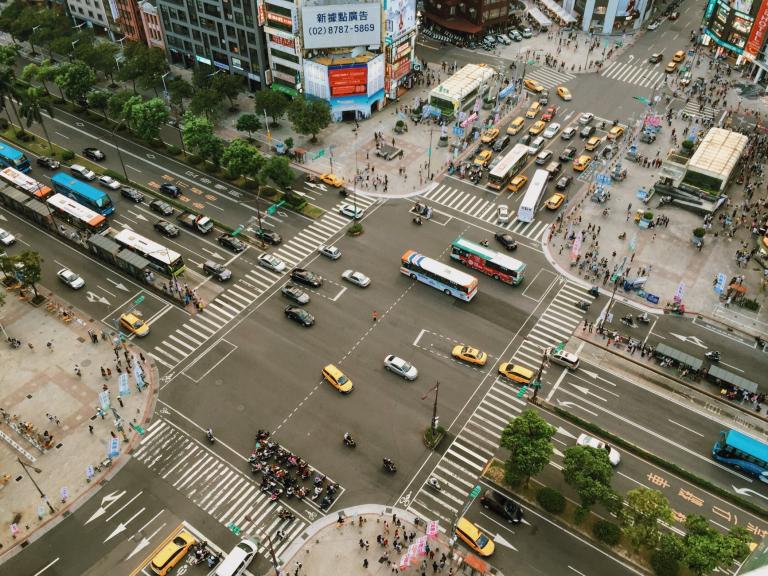
Secondly, most of the impacts fall on future generations or people living in developing nations. This decreases our incentive to take action, because we do not bear the negative externalities of our lifestyle. Furthermore, we are shaped by Western individualistic norms to think primarily about our own self-interest instead of the common good.
Perhaps more importantly, our brains are wired to ignore climate change. For instance, delay discounting is the decline in the value of a reward based on how long it will take to achieve it. Because a healthy climate is a remote goal, it is subject to this bias. We also fall victim to the planning fallacy, the tendency to underestimate the risk and cost of a course of action (by about 40%!). The bystander effect explains why we believe others will take action, and it’s not up to us to implement change. Finally, the ostrich effect allows us to ignore the obvious disaster that awaits.
What must our response be? In society, in the Church, and in our lives, what do we do?
Check back on Sunday for part two.
Further reading recommendations
Nobel Laureate William Nordhaus wrote an incredible book called The Climate Casino, in which he analyzes the politics and economics of climate change and suggests feasible solutions.

